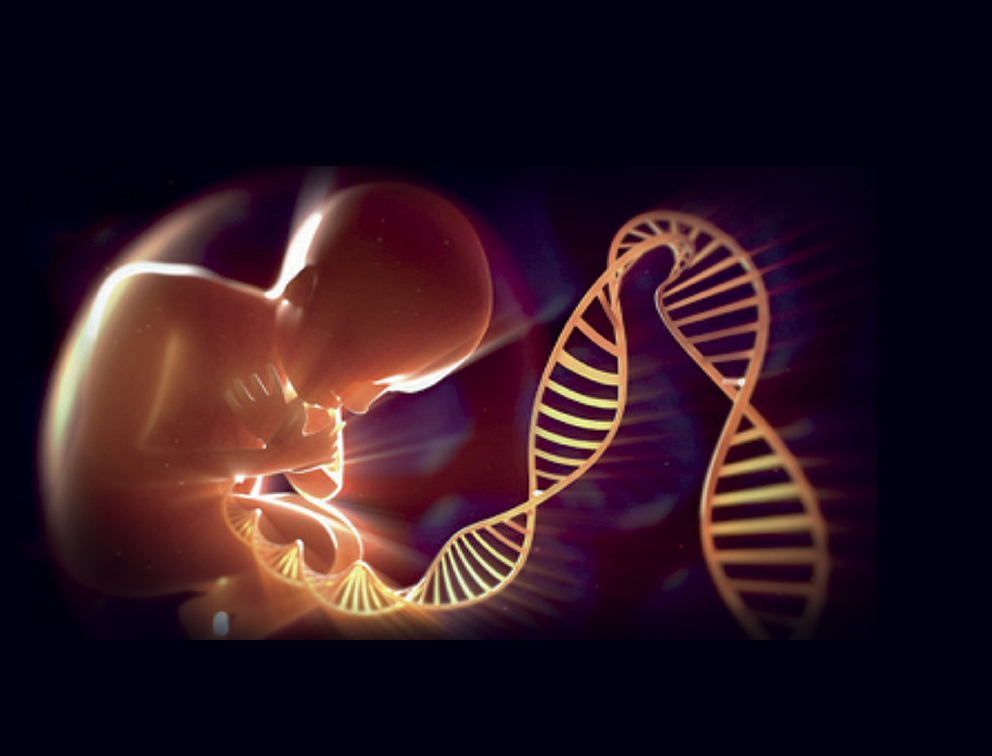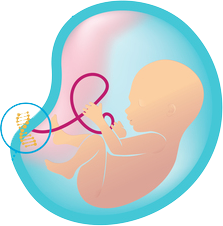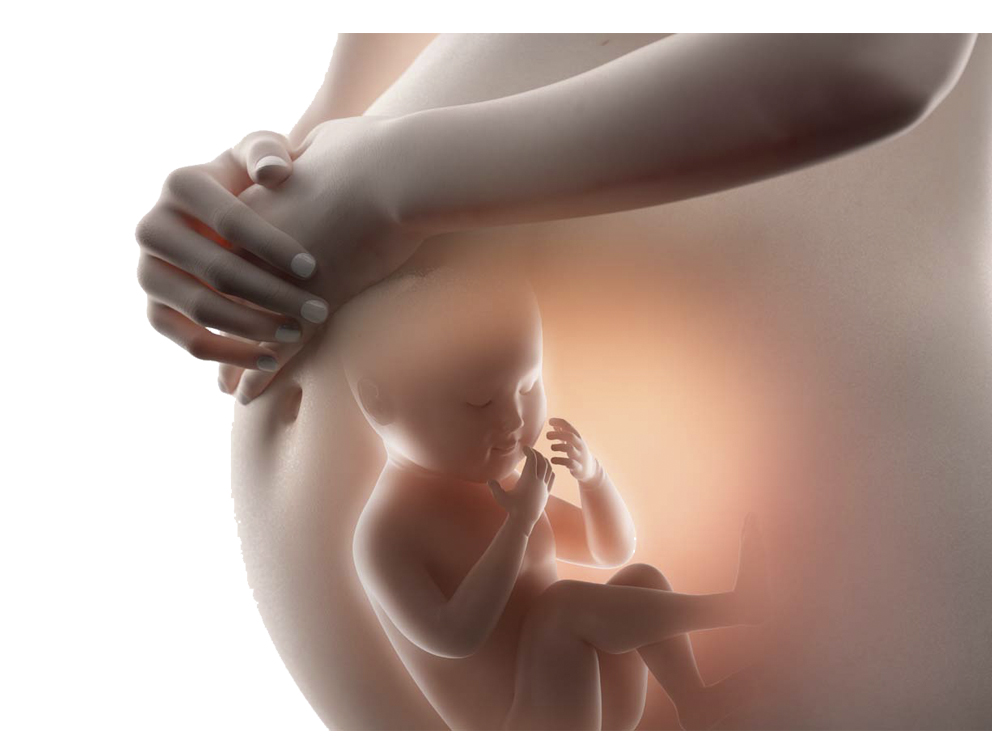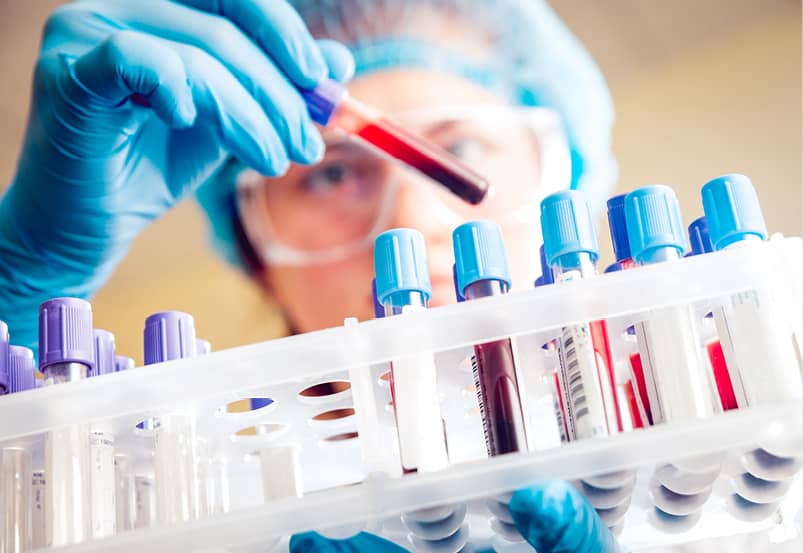NIPT ScreeningNIPT Screening
NIPT Screening is a simple blood test identifies the probable presence of conditions such as Down’s, Edwards’ and Patau’s Syndromes. At the same time, you can find out your baby’s gender(optional). NIPT screening can be performed from 10 weeks.
We highly recommend NIPT screening if you and your relatives have a history of abnormalities.
This package includes Early Reassurance Scan in order to locate your pregnancy, detection of single or multiple pregnancy, see your baby’s heartbeat, check the well-being of your baby to ease your mind.



£399.00
From 10 weeks
Future Health Non-Invasive Prenatal Test
All NIPT options include an Early Reassurance Scan prior to the blood draw.
The Future Health NIPT is a safe and highly sensitive method of discovering if your unborn baby is likely to have a genetic condition relating to the chromosomes screened.
It can offer peace-of-mind, sex determination and the opportunity to better prepare for the arrival of your baby.
Future Health NIPT:
- Screens chromosomal pairs 13, 18 & 21 for:
- Patau’s syndrome
- Edwards’ syndrome
- Down’s syndrome
- Sex chromosome aneuploidy (optional):
- Turner’s Syndrome ( XO / Monosomy X )
- Klinefelter Syndrome (XXY)
- Jacob’s Syndrome (XYY)
- Triple X ( XXX )
- Fetal sex/gender identification (optional)
Sex chromosome aneuploidy testing and gender identification is only available for singleton and monochorionic twin pregnancies.
Future Health NIPT uses the IONA® Nx NIPT Workflow (CE-IVD) by leading NIPT provider Yourgene Health. Future Health’s laboratory is based in Nottingham, England.
How does NIPT work?
The Future Health NIPT analyses a pregnant person’s blood and is suitable from 10 weeks or more into pregnancy. It checks the cell-free DNA released by the placenta that circulates during pregnancy, attempting to measure the number of copies present for certain chromosomes. The NIPT is performed prior to any potential invasive tests such as amniosentesis and can remove the necessity for invasive and potentially harmful tests being performed.
First Trimester Screening and the NIPT?
Through the NHS, you may have had a ‘first trimester screening’, also known as the ‘combined test’.
Although the first trimester screening is different, the results can be used in conjuction with your NIPT when calculating your results.
The Future Health NIPT calculates the ‘chance’ of the presence of trisomies; by default, ‘chance’ is calculated by combining the blood screening with the maternal and gestational ages. If you have the results of a first trimester screening, these results can be used instead of the default calculations for trisomys 21, 18, 13.




Is NIPT available on the NHS?
At present, NIPT is not widely available on the NHS. The NHS offers a blood test as standard to indicate the likelihood that your baby has Down’s, Edwards’ or Patau’s Syndromes. If this chance is considered high, you will then be offered further invasive testing, which can include an Amniocentesis.
Amniocentesis is an invasive test that carries a chance of miscarriage, which is why most parents opt for the NIPT first; to gain a stronger indication of the likelihood of their baby having Down’s, Edwards’ and Patau’s Syndromes. NIPT screening is safe for your baby whatsoever; it is a simple blood test taken from the mother, and results are ready within 5-7 working days.
NIPT is a great option if you have been identified as having a high chance of your baby having Down’s, Edwards’ or Patau’s Syndromes, but do not want to immediately have further invasive tests that could potentially endanger your baby. It’s also great if you simply want the option to screen for more conditions or to know the possible sex of your baby as soon as possible, to enable you to be prepared for whatever parenthood might bring your way.
The NHS do offer some women NIPT, however they are not able to provide them to everybody, and this is why many customers opt to take the test privately.
Why choose Future Health NIPT?
Future Health NIPT is a safe, non-invasive screening method for early insight into your pregnancy. Only one blood tube is required for this test. The Future Health NIPT uses the IONA® Nx NIPT Workflow (CE-IVD). The samples are processed at Future Health Laboratories, based in Nottingham, England, allowing efficient delivery for processing.
Is Future Health NIPT right for me?
According to the International Society for Prenatal Diagnosis (ISPD), non-invasive prenatal testing is appropriate as a primary screening test for pregnant women of all ages.
Sex chromosome aneuploidy testing and fetal sex/gender identification is only available for singleton and monochorionic twin pregnancies.
This test is not suitable if:
- You are a recipient of an organ or bone marrow transplant.
- You have received any treatment involving the transfusion of heterologous cells in the last 12 months, for example a white cell blood transfusion or stem cell therapy.
- You have cancer.
- You carry a chromosomal imbalance (e.g. aneuploidy, chromosomal deletion, mosaicism).
When will I get my results?
Results take 5-7 working days from receipt at the laboratory.
Occasionally, a result is not possible (usually because there is not enough fetal cfDNA in the original blood sample). When this happens, a repeat blood test may be required and this is done at no extra cost.
How will I receive my results?
We will get in touch by phone to give you the results. You will be provided with your result report via email.
Do I need to be over 10 weeks pregnant?
Yes. Our Sonographer will perform an ultrasound scan prior to the blood draw. Should your baby measure less than 10 weeks then we will invite you back at a later date for the blood draw. We therefore recommend coming a few days after you expect to be 10 weeks.
Can I find out the sex of my baby with the test?
Future Health NIPT can report whether your baby is likely to be a boy or a girl. With this test you can get an early indication of what the gender may be, but as this is only a screening test, surprises are still possible.
This is optional. It is your choice whether fetal sex is included in your test report.
Sex chromosome aneuploidy testing and fetal sex/gender identification is only available for singleton and monochorionic twin pregnancies.
What is Specificity?
The ability of the screening to correctly identify patients without the condition screened for.
What is Sensitivity?
The ability of the screening to correctly identify a fetus with a condition screened for.
What is the Positive Predictive Value (PPV)?
The probability that a fetus with a positive result actually has the condition.
What is the Negative Predictive Value (NPV)?
This is the likelihood that if the result says low probability that the fetus will not have the condition.
How will my test results be presented?
High Chance
If the result outcome states ‘high chance’, this indicates that your baby may have one of the conditions that the Future Health NIPT identifies. The nature of the detected aneuploidy will be identified on the report.
Low Chance
If the result outcome states ‘low chance’, this indicates that your baby is not displaying any of the chromosomal aneuploidies screened for, and a diagnosis for them is unlikely.
No result
In a small percentage of cases, the test may not be able to obtain sufficient information from your blood sample to determine an accurate result.
In the unlikely event your initial sample fails to generate a result e.g. through low fetal fraction, you will be offered a free of charge redraw.
Please note:
NIPT will not tell you if your baby definitely has one or more of these conditions, however the report can be shared with your maternity provider to explore if any further tests are needed.
No irreversible pregnancy decisions should be made based on an NIPT result alone.
Does Future Health NIPT offer a Genetic Counselling Service?
Some expectant parents receive unexpected news from their results. To support these expectant parents we offer a complimentary genetic counselling service which we will direct you to.
Please can you provide the performance data for Future Health NIPT?
For the most up-to-date information on the performance data, please visit
https://yourgenehealth.com/our-products/nipt-solutions/nipt/iona-nx#pac_dtm_child_2
NIPT is a screening test, therefore false positive and false negative results can occur.




